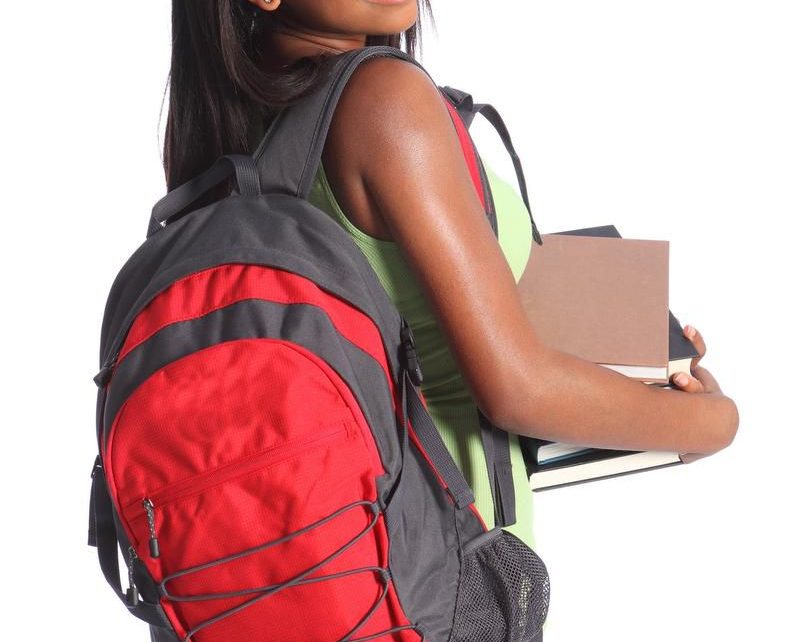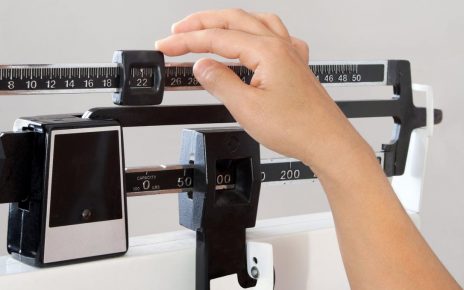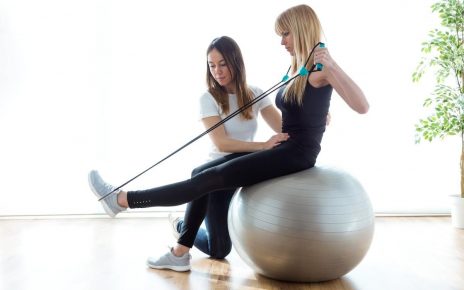Students’ heavy backpacks are a perennial problem, but the strain on children’s bodies has worsened in recent years, thanks to bad posture from texting and playing video games, according to health experts.
“It’s a trifecta,” said Don Clum, a Seattle chiropractor who also offers lifestyle and health consulting online. “It’s getting worse because of those other (digital) elements.”
For years, the American Academy of Pediatrics has cautioned parents that backpacks should remain no more than 10 to 20 per cent of a child’s body weight to avoid strain on their backs that could lead to chronic pain later in life. Wearing two padded straps and making frequent stops at a locker or elsewhere to lighten a backpack’s load are also recommended, says Sarah Denny, of the American Academy of Pediatrics’ Council for Injury, Violence and Poison Prevention.
For their part, some school districts have made efforts to lessen backpack weight by incorporating the use of Chromebooks or online textbooks.
Nearly 300 schools in the Chicago area have also begun using something known as the Executive Functions Curriculum, a program through Rush Neurobehavioral Center that teaches students how to organize their files into both online and paper folders to stay organized and, thus, lower backpack weight.
“Kids tend to throw everything they own into their backpacks, all their books, all their papers, their shoes,” said Georgia Bozeday, director of educational services for the Rush Neurobehavioral Center. “I think (organization) can help to lighten the load once the consistency is established and they pack their backpacks for what they need.”
Still, as cellphones, tablets and video games have also become part of students’ daily routines, Clum said he has seen an increase in the number of students complaining about discomfort. The repetitive, hunched-over posture — known as “text neck” — combined with the way students have to lean forward to handle the heavy weight of backpacks, takes a toll on young bodies, he said.
“We see more and more kids with neck pain and headaches,” Clum said. “I coach sports … and you can actually see how this translates to what they can and can’t do in sports.”
To minimize stress on children’s backs, Clum recommends tightening backpacks so students don’t have to lean forward while walking to carry the weight. Students and parents should be proactive about seeking online or digital texts to avoid the need for heavy textbooks.
And students should be encouraged to get up and participate in physical activity regularly to counteract the bad posture of backpacks and technology use.
“Get up, reverse that posture and hang from the monkey bars,” Clum said.






